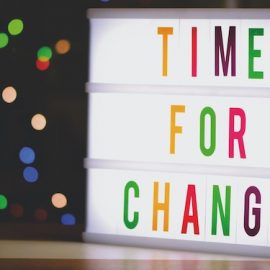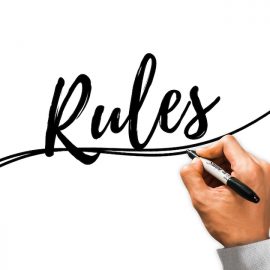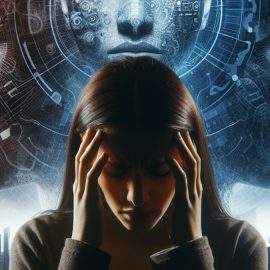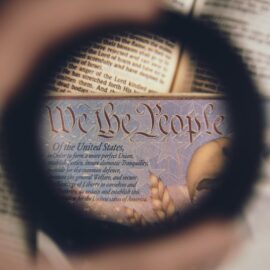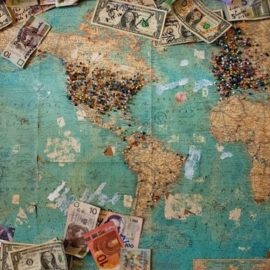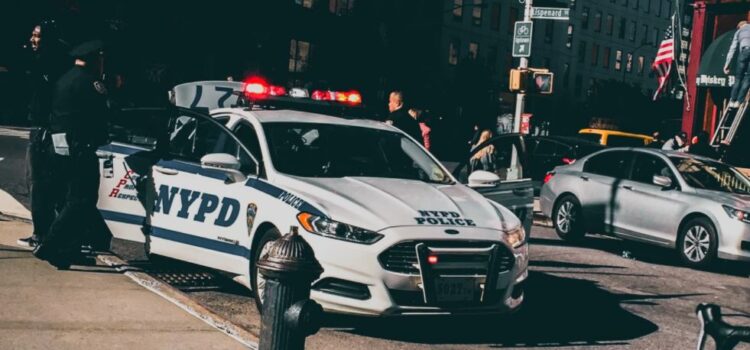
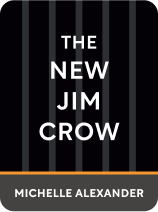
This article is an excerpt from the Shortform summary of "The New Jim Crow" by Michelle Alexander. Shortform has the world's best summaries of books you should be reading.
Like this article? Sign up for a free trial here .
Are there police biases? How do they relate to mass incarceration?
Police biases are the implicit or overt actions that unfairly impact one group. In The New Jim Crow, the book explains that police biases are part of a system that encourages mass incarceration.
Read on to understand the role and impact of police biases.
Police Biases and the Fourth Amendment
The Fourth Amendment was designed to protect against unreasonable searches and seizures by police. The courts loosened this. Empowered by this latitude, police conducted more liberal searches.
- Consent searches pressure people to comply, despite people not knowing they could refuse.
- “May I speak to you? Will you put your arms up and stand against the wall for a search?” Compliance is interpreted as consent.
- “Pretext stops” use minor traffic violations as a pretext to search for drugs, despite no evidence that drug laws are being violated.
- Argument: There are so many minor laws that are commonly broken that virtually everyone can be stopped as pretext for drug searches.
- Bringing drug-sniffing dogs to traffic stops or in public gives probable cause to search without consent.
- Additional likelihood of being arrested for misdemeanors may increase willingness to provide consent.
Federal agencies supported local law enforcement to participate.
- Because local and state officials buckle under federal authority, the fed knew it had to build a consensus that the drug war should be the top priority.
- Cash grants, intelligence, and military equipment were made available to agencies that increased drug arrests. Police departments expanded, and keeping police jobs become dependent on arrests. It became an entrenched practice.
- The DEA launched a campaign to train tens of thousands of police officers on the search tactics above.
Disproportionate Drug Arrests
Police departments became invigorated to increase drug arrests:
- The militarization of police led to no-knock drug raids.
- Civil forfeiture laws allow law enforcement (federal, state, and local) to keep cash and assets seized from people merely suspected of wrongdoing, without necessarily charging them of wrongdoing. The incentives are heavily in favor of more arrests.
- The minimal requirement is that there is a “preponderance of evidence” that the asset was involved in a crime. A woman who knew that her husband smoked pot and drove her car could lose her car.
- The owner had no right of counsel unless charged with a crime, and so the poor could not afford the court costs to retake their assets. Thus most forfeiture cases are not challenged. (If you lose $1000, would you pay $5000 for a lawyer to get it back, and risk the gov’t pressing charges?)
- Investigations show that those who have more assets to forfeit are given more lenient punishments.
- This extends to planting drugs and falsifying reports to establish probable cause for cash seizures.
- Reports of increased drug arrests gave the public a heightened sense of danger, rather than recognition of the effect of incentives.

———End of Preview———
Like what you just read? Read the rest of the world's best summary of Michelle Alexander's "The New Jim Crow" at Shortform .
Here's what you'll find in our full The New Jim Crow summary :
- How the US prison population increased 10x in 30 years because of harsh drug policies
- How being "tough on crime" was deeply motivated in discrimination against black people
- Why being convicted for a crime is essentially a life sentence of poverty and return to prison

